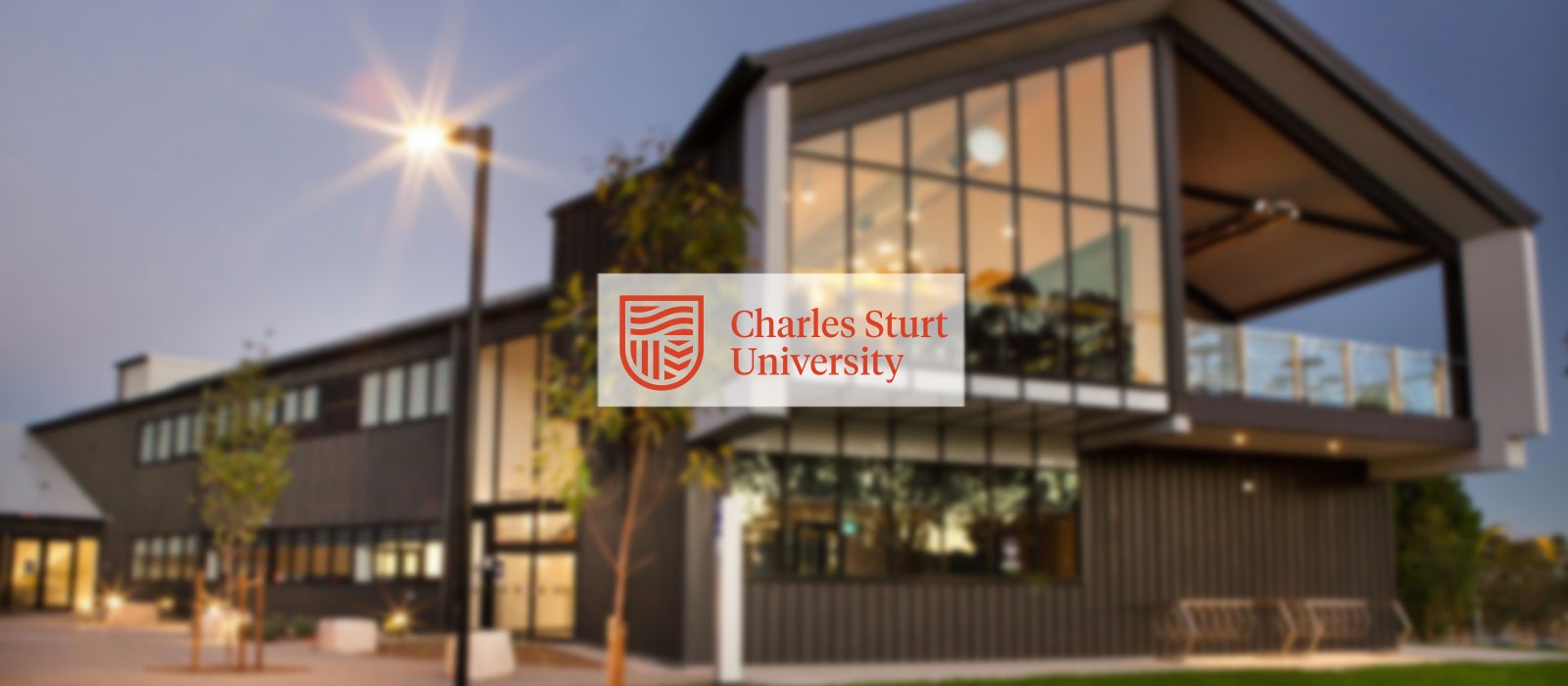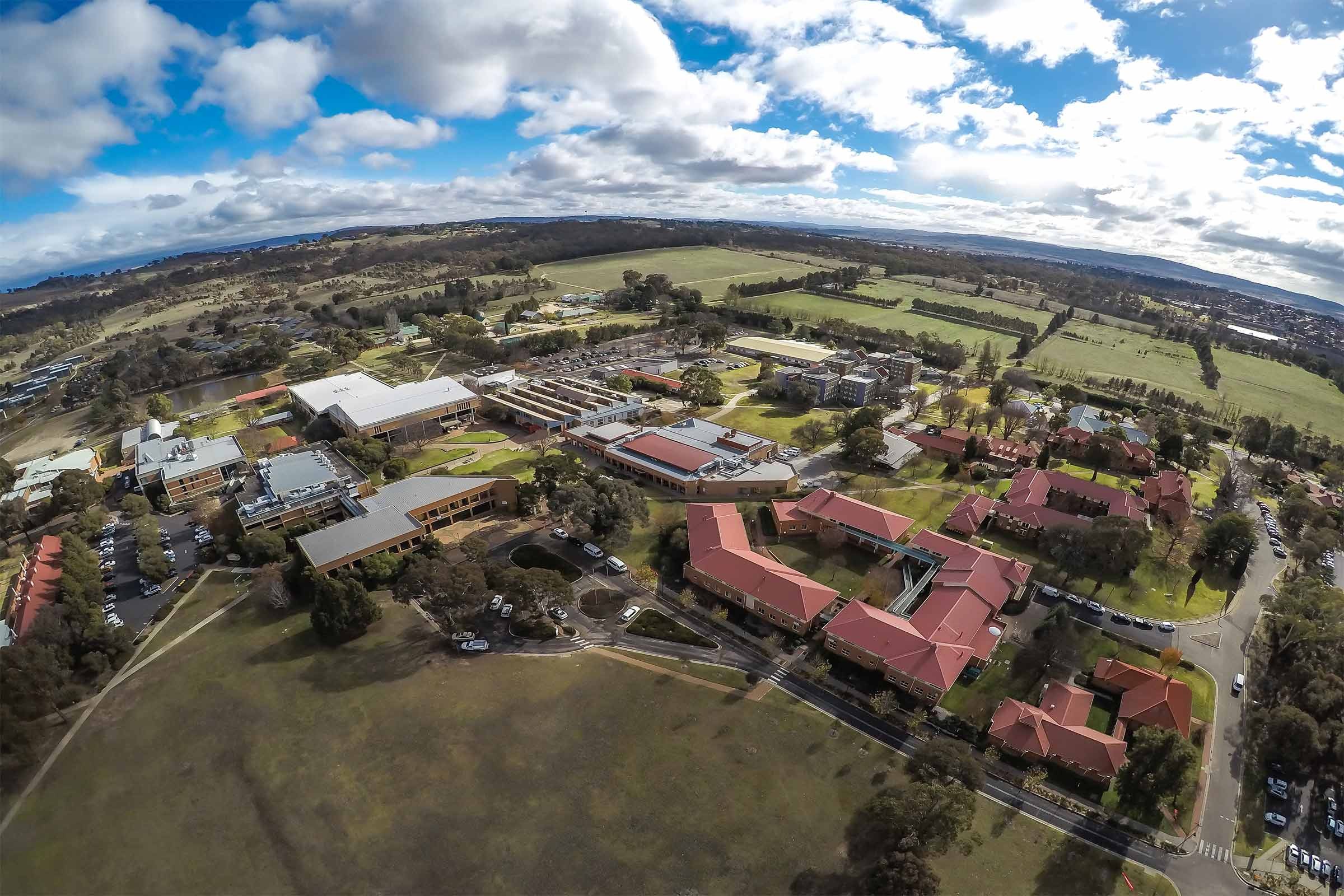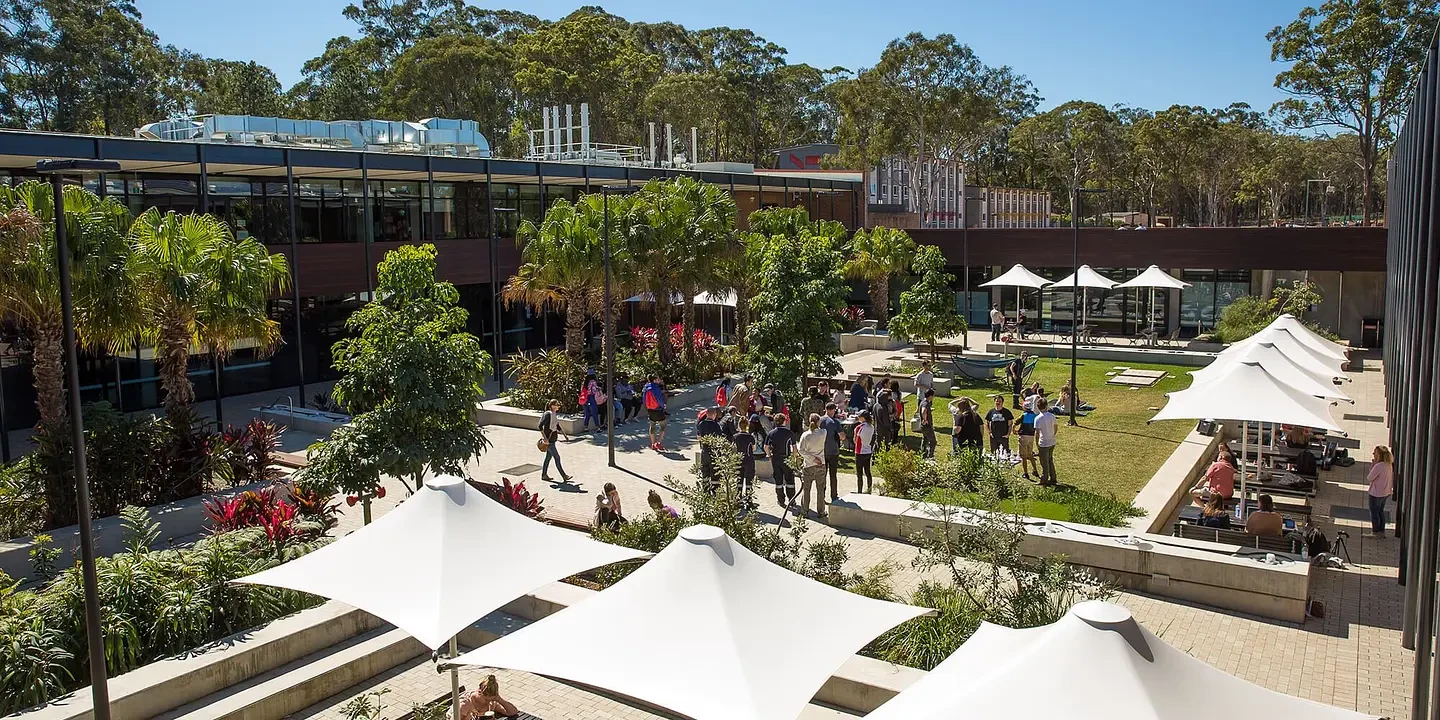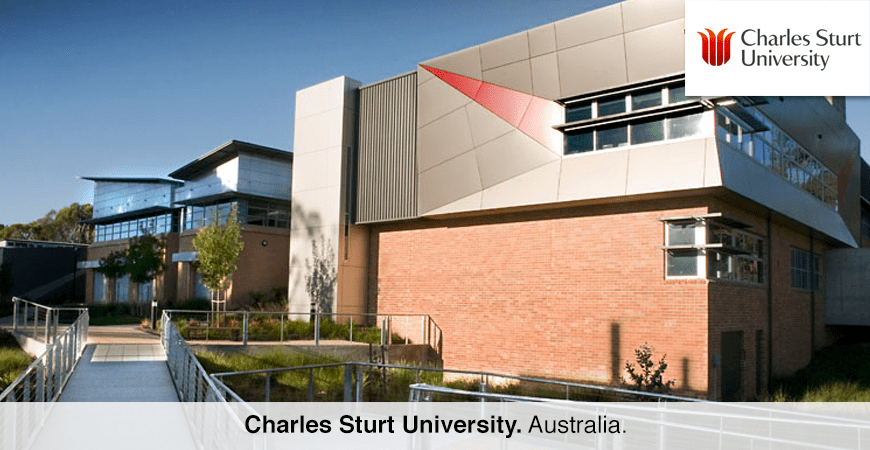
Bachelor of Environmental Science and Management


Course overview
FULL TIME 3 YEAR(S)
YES
A$34,560
MARCH
- Get the best of both worlds
We're changing the game when it comes to learning that works for you. Year one, you can choose to study online or combine on-campus and online study. you'll make all-important connections with your peers and academics, and build your professional network with employers. Plus, because we know you have a busy life, we'll keep the timetable nice and compact so you can fit everything in. As you move into your second and third years, you'll study more independently as you start to major in and undertake industry placements. The course changes as you learn more.
- Build a solid foundation - then specialise through majors
Will you get a solid grounding in the fundamental theory and practice in your field? Of course. That's what your first year is all about. You then build on those foundations by majoring in an area that aligns with your career goals. Choose from: Applied Earth Science; Aquatic Ecosystems; Climate and Sustainability; Ecology and Conservation; and Parks, Recreation and Heritage.
- Explore the change the world needs
This environmental sciences course is closely aligned with the United Nations Sustainable Development Goals (SDGs), which is a shared blueprint for peace and prosperity for people and the planet. You'll investigate key elements of the SDGs - such as clean water, sustainable cities, climate action, life below water and life on land - and, crucially, how environmental, social and economic factors intersect in the drive for a sustainable future.
- Work with employers from day one
Build your career from day one with work-based experiences that build to placements later in the degree, including opportunities for international study in places such as Bhutan, Cambodia and Nepal. By the time you graduate, you'll have the ultimate portfolio of skills that industry needs. How do we know industry needs them? We got industry to help us develop the course.
- A qualification at every step
As you complete each year of study, you gain a qualification. After the first year, you can receive a Diploma of Environmental Studies; after the second, an Associate Degree in Environmental Science. So, if you achieve a diploma and then want to work for a year, when you return, you'll go straight into the associate degree year, with credit for your completed diploma.
Inquire Now
Career opportunities
When you graduate, you'll be ready to make your mark in a wide range of environmental science careers, including:
- Biodiversity officer
- Catchment manager
- Conservation manager
- Environmental planner
- Sustainability consultant
- Spatial scientist
- Aquatic scientist
- Park ranger
- Plant ecologist
- Wildlife ecologist
What you will study?
For each 8-point subject you are enrolled in, you should expect to spend 10 to 12 hours per week working on assignments and assigned readings, tutorial assistance, individual or group research/study, forum activity, workplace learning, and attending lectures, intensive schools, or examinations. If you are studying four subjects per session, this is equivalent to a full-time job. The workload for some subjects may vary as a result of approved course design.
Entry requirements
- A completed High School Certificate with the minimum ATAR required (including adjustment factors) or equivalent.
OR
- A completed Special Tertiary Admissions Test (STAT) with an equivalent ranking to the currently listed ATAR
OR
- A completed AQF Certificate III or higher level qualification.
OR
- 50% completion of an AQF Diploma level qualification.
OR
- A completed Tertiary Preparation Course from an Australian University or an accredited provider demonstrating a reasonable prospect of success through the Grade Point Average (GPA) gained in these studies.
OR
- Successful completion of two university level subjects (AQF level Associate Degree or higher) demonstrating a reasonable prospect of success through the Grade Point Average (GPA) gained in these studies.
OR
- Work experience, within the same industry as the course profile, of at least two years full time or equivalence, demonstrated by a detailed resume.
- providing evidence of having completed a sufficient standard of study in English (as outlined in Group one and Group two lists below)
- for undergraduate courses have obtained an Academic IELTS within the last 2 years with:
- a minimum overall score of 6.0
- no individual score below 5.5
3. for postgraduate coursework courses have obtained an Academic IELTS within the last 2 years with:
- a minimum overall score of 6.0
- no individual score below 6.0
4. for higher degree by research courses have obtained at Academic IELTS within the last 2 years with:
- a minimum overall score of 6.5
- no individual score below 6.0
5. obtaining a qualification deemed to be equivalent to Academic IELTS (and its minimum scores) by Charles Sturt.
Fees and scholarship
Find your perfect course
Head Office
Kamaladi, Kathmandu
Tel: +977 14542781, 9845566225
E-mail: info@landmarkedu.com
Sydney office
46 Macquarie Street,
Parramatta, NSW
Tel: +61 415 122 814
Branch office
Tel: 056-590825
Tel: 021-590828
Tel: 977-71-591694



